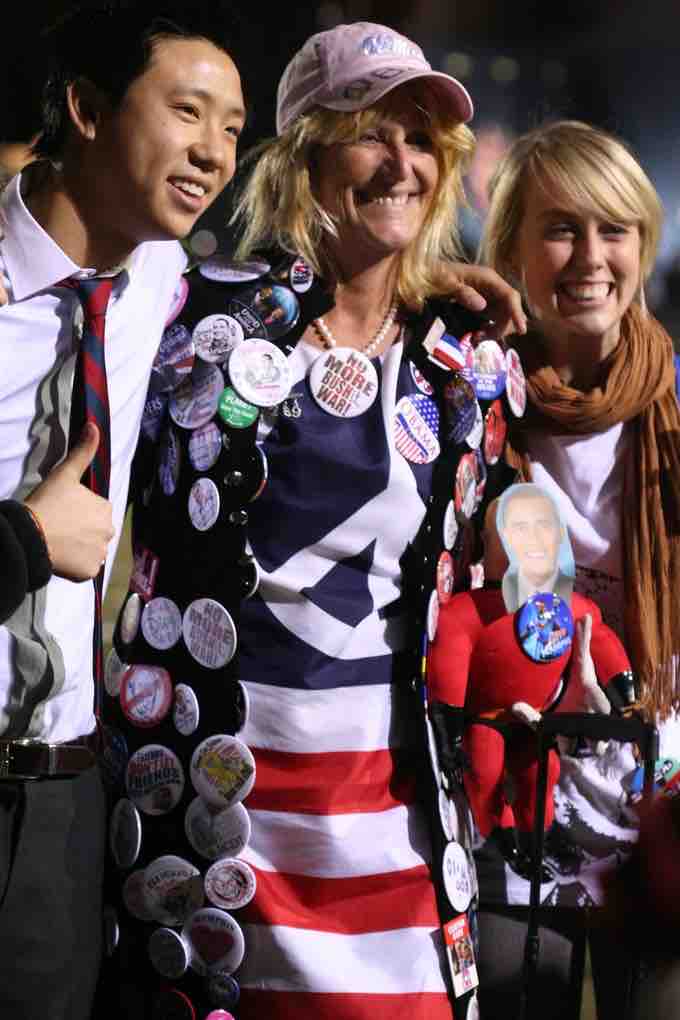Age and Politics
Age is an important factor in U.S. politics because there is a correlation between age and rates of political participation and because it is a determining factor in the issues people care about.
Young people are much less likely to vote than are older people and are less likely to be politicians. The lower voting rates of young people in the U.S. help explain why things like Medicare and Social Security in the U.S. are facing looming crises—the elderly will retain many of the benefits of these programs and are unwilling to allow them to be changed even though young people will be the ones to suffer the consequences of these crises. Older people are also more organized, through organizations like the AARP, and they are more likely to vote as a block on issues that affect them directly. As a result, older individuals in the U.S. are seen as having more political power than younger people.
Mobilization According to Age
Given that there is a correlation between age and the issues relevant to those populations, some organizations have capitalized on these relationships in order to push political agendas.
Mobilizing the Elderly
The AARP, formerly the American Association of Retired Persons, is a United States-based, non-governmental organization and interest group, founded in 1958. Its mission is to improve the quality of life for retired people and people over the age of 50. On the one hand, AARP pursues its mission by providing services such as tax preparation help, discounts, and insurance for its members. On the other hand, AARP pursues its mission by mobilizing its immense resource base to lobby for policy change. AARP claims around 38 million members, making it one of the largest membership organizations in the United States. Its total revenue in 2006 was approximately $1 billion, of which $23 million was spent on lobbying. The AARP lobbies for issues that matter to older adults, such as health care and social security.
Mobilizing the Youth
Although they tend to be less organized and participate in lower numbers, young people also influence U.S. politics. Barack Obama was particularly noted for his popularity among young people. Obama's campaign used the Internet to rally supporters and make his policies known, and the campaign's use of the Internet targeted 18- to 29-year-olds, the age group most reliant on new media for political information. Obama's campaign managers understood younger voters tended to ignore politicians because politicians tended to ignore issues which most concerned them. Politicians such as Obama focus on issues that are relevant to certain age groups in order to mobilize support. Obama's ability to focus on these issues and reach out to young people is seen as one of the reasons for his success in the 2008 presidential election .

Young Obama Supporters, 2008
Barack Obama's 2008 Presidential campaign was notable for attracting large numbers of young voters.